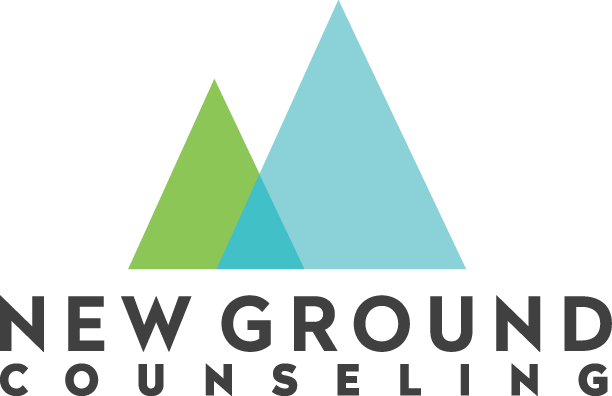Part 2: Four Models of Christian Counseling (Levels of Explanation & Integration)
Part 1: “What is a Christian Counselor?”
Part 2: “Four Models of Christian Counseling (Levels of Explanation & Integration)”
Part 3: “Four Models…” (#3 Christian Psychology)
Part 4: “Four Models…” (#4 Biblical Counseling | Strengths)
Part 5: “Four Models…” (#5 Biblical Counseling | Weaknesses)
PART 2: FOUR MODELS OF CHRISTIAN COUNSELING (#1 & #2)
In Part 1, we showed that “Christian Counseling” can mean very much, or very little, depending on the counselor. Every counselor, who is a Christian, faces deep tensions and conflicts from these two places (Theology & Psychology) that they must answer.
For Christians, these conflicts occur as we try to hold three things together (each of which we understand to be essential to “care”):
Theology
Psychology
Ecclesiology (the church’s role)
So let’s look at how Christians have responded with four models of Christian care. Along the way, we’ll share the common critiques with each model, including how they tend to play out in a counseling practice (and/or church setting). Lastly, we’ll show you where New Ground Counseling stands in all of this.
(**Tim Keller’s article Four Models of Counseling in Pastoral Ministry (available here) masterfully summarizes these tensions and positions, especially as they relate to churches.)
The following models might be shown in this visual spectrum:
MODEL #1: LEVELS OF EXPLANATION
“There is no tension between psychology and theology: Medical problems are for a doctor, spiritual problems are for a pastor/church, emotional problems are for a counselor.”
This model sees psychology and theology as having no overlap, and therefore, no real conflict/tension.
Critique: This model is pretty easily discarded as overly simplistic, missing the heart of why these different models exist. Psychology & theology both answer (and often disagree) on the same questions that drive therapy:
What is abnormality (what’s wrong with us)?
What is health (What are we trying to achieve)?
What does a person consist of and which parts are most important (body, brain, soul, thoughts, behaviors, etc.)?
How do people change (therapeutic process)?
The field of counseling alone has over 2000 therapies that represent different answers to these questions.
How this might look in a counseling practice: No ability to see, validate, or include spiritual information from the person or from spiritual resources (God, the Bible, the church, etc). The counselor does not touch the idea of spirituality, because that is for pastors only.
How this might look in a church: Zero/no programs, teaching, or facilitation of care: “We don’t do counseling as a church or talk about these things, but you can Google to find someone that can help you with your emotional struggles.”
MODEL #2: INTEGRATION MODEL
“Let’s combine the insights of counseling psychology with the insights of the Bible.”
Psychology & theology are seen as both equally good. In this model, unlike Levels of Explanation, the Bible is (ideally) used to critique modern scientific psychology, but more often is not. Psychology and theology are poured into a blender, without any real recipe or instruction for their quantities.
Critique: “Integration” and/or “Christian counseling” tend to be junk-drawer terms that can mean any combination of theology and counseling. It’s too elastic. It could mean a purely psychological model with Bible verses sprinkled on top. It could mean a theological model that also practices mindfulness or trauma-therapy. Integrationists, by nature, tend to lean away from the Bible, but are “willing to include it” if necessary. These models tend to not have robust or clear theological commitments.
How this might look in a counseling practice: Because there is no model, foundational commitments, belonging to a larger organization, you never know what “integration” means. In short, it looks 1000 ways to 1000 counselors. There also tends to be no active appraisal (“Is this consistent with what God says?”), but a tendency to lean away from God or spiritual resources, usually out of fear of doing harm or violating ACA guidelines.
How this might look in a church: A church that incorporates any and all counselors; a church that tends to lack a Scriptural model for change/transformation but has programs for care (which may be completely psychological); counselors who are understood to be “Christian” by personal commitment but without any Christian practice (“I’m a psychotherapist, who happens to be Christian, thus I’m a ‘Christian counselor’”); a willingness to use any and all ideas from the field of psychology without appraisal or evaluation.
2 DOWN, 2 TO GO:
You might have already guessed, but New Ground wouldn’t consider itself to be either of these models (though we don’t demonize these models either). In Part 3, we will begin to look at the next two models (“Christian Psychology” and “Biblical Counseling”). This will give you a better idea of where New Ground Counseling falls on the spectrum of Christian Care.

